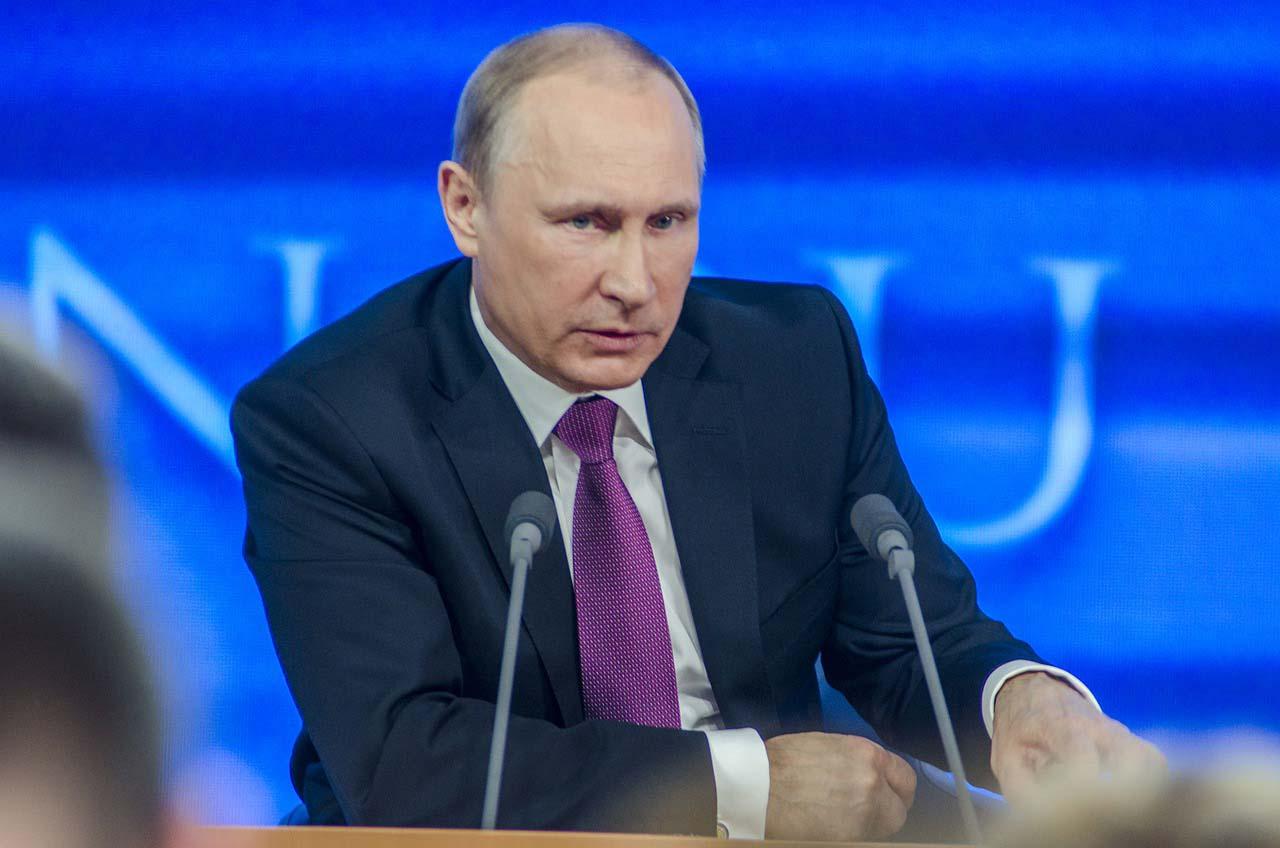
- About UPF-BSM
- Programs
- Faculty and research
- Companies and Organizations
- News & Events
Europe faces a decisive hour (II)
15 Marzo - 2022
Jaime Batlle, Academic Director Postgraduate in Management Development in Sustainable Business
The invasion of Ukraine by Russia proceeds with implacable logic. There is no doubt that Russia's objective is to annex the entire country, which, given the military superiority over Ukraine, will happen in a matter of days or weeks, with the consequent bloodshed, loss of human life and suffering.
The response from the West is clear. There will be no military intervention in response to the aggression, with which Russia already knows that the stage is open to consummate the annexation of Ukraine. This is so for a simple reason. Europe does not have the military capacity to contain and respond to the ordeal launched by Russia to the West. Russia knows this and plays its cards to advantage. The doubt is in the next Russian move after the annexation of Ukraine.
It will not be easy to manage a future in which a European country of the strategic importance of Ukraine is administered by an authoritarian power hostile to the West
It will not be easy to manage a future in which a European country of the strategic importance of Ukraine is administered by an authoritarian power hostile to the West, so far removed from the culture of European freedom. Europe has opened a moral and economic wound that cannot be healed because it does not have sufficient containment force.
This will undoubtedly imply a refocusing of credibility on Europe's capacity to carry out its social project based on freedom. Not so much because it is considered an erratic path, but because the evidence of impotence and the impossibility of avoiding the moral damage of the annexation of Ukraine by Russia will weigh like a slab in the form of awareness of Europe's own weakness.
It is undeniable that the invasion and subsequent annexation of Ukraine represents a moment of rupture that must be observed from a double point of view: that of the short and that of the medium-long term. In the short term, a very important economic crisis with unpredictable consequences will make its appearance. The crisis will be evidenced in an increase in inflation that will generate rate hikes.
Rise rates are a deadly enemy due to the very high levels of European debt. It is unknown how the fall will be after the Draghi experiment, about to come to an end. The task will be to generate a soft landing, but no one can guarantee that against the backdrop of such an unstable environment.
The second derivative that Europe will have to face will be the management of 5 million refugees that it will have to take in, under an economic scenario of crisis and uncertainty, without counting the migratory pressure coming from the Middle East and the Maghreb.
The worst scenario would be a Russian military expansion towards the Baltic countries, Finland or even Poland after annexing Ukraine
In the long term we will notice the effect of the movement of these tectonic plates and it will be a matter of years to feel its effects.
A Europe that is weaker, less competitive, economically perhaps divided into two gears. We will decipher the mystery of how the migratory impact is digested. We will see the preponderance of China, the already clear threat from Russia towards its near West, the impact on the economy of the military spending that Europe will have to undertake.
And all this in the best of cases. We don't even imagine it because we haven't lived it and we don't want it to happen. The worst scenario would be a Russian military expansion towards the Baltic countries, Finland or even Poland after annexing Ukraine.
A structural crack of the economy due to debt pressure combined with the above, would generate a perfect storm towards disaster.
Let's not put ourselves in the worst. Everything is susceptible to going with a collision vector to disaster. Things can improve, but there is nothing more dangerous than a dictator with power in his boots, when he has definitively removed his mask and is not offered a way out, which is further away with each passing day.
This crisis will have to be managed with great technical and political intelligence. It is up to the European political class to step forward.
